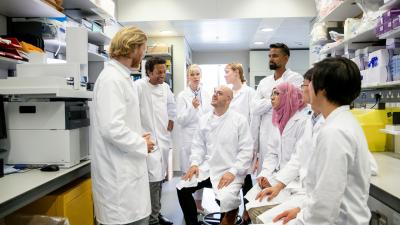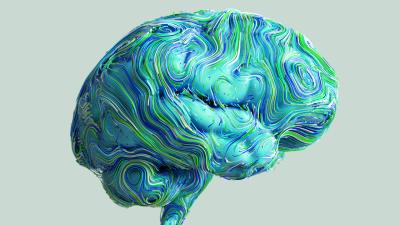Human-Based Brain Organoids Open the Door to Personalized Alzheimer’s Disease Research and Treatments

Study in a Sentence: Researchers propose a framework for using human-based organoids to advance personalized medicine and improve Alzheimer’s disease research.
Healthy for Humans: Alzheimer’s Disease is a neurodegenerative condition afflicting more than seven million Americans, with this number projected to almost double by 2050. Despite improved diagnostic and research methods advancing our understanding of the disease, models of disease progression remain limited. Human-based brain organoids derived directly from patient cells that mimic the complex structure and function of the human brain address existing research gaps and open the door to personalized treatments.
Redefining Research: Animal models, including transgenic ones, fail to replicate the structural intricacy, cellular diversity, and pathology hallmarks of the human brain, while 3D organoids provide a more accurate representation. Researchers proposed a framework combining the capabilities of organoids, individual patient clinical histories, and technological advancements like digital twins, as a promising innovation toward personalized disease modeling and treatments, and replacement for animal use in Alzheimer’s research.







